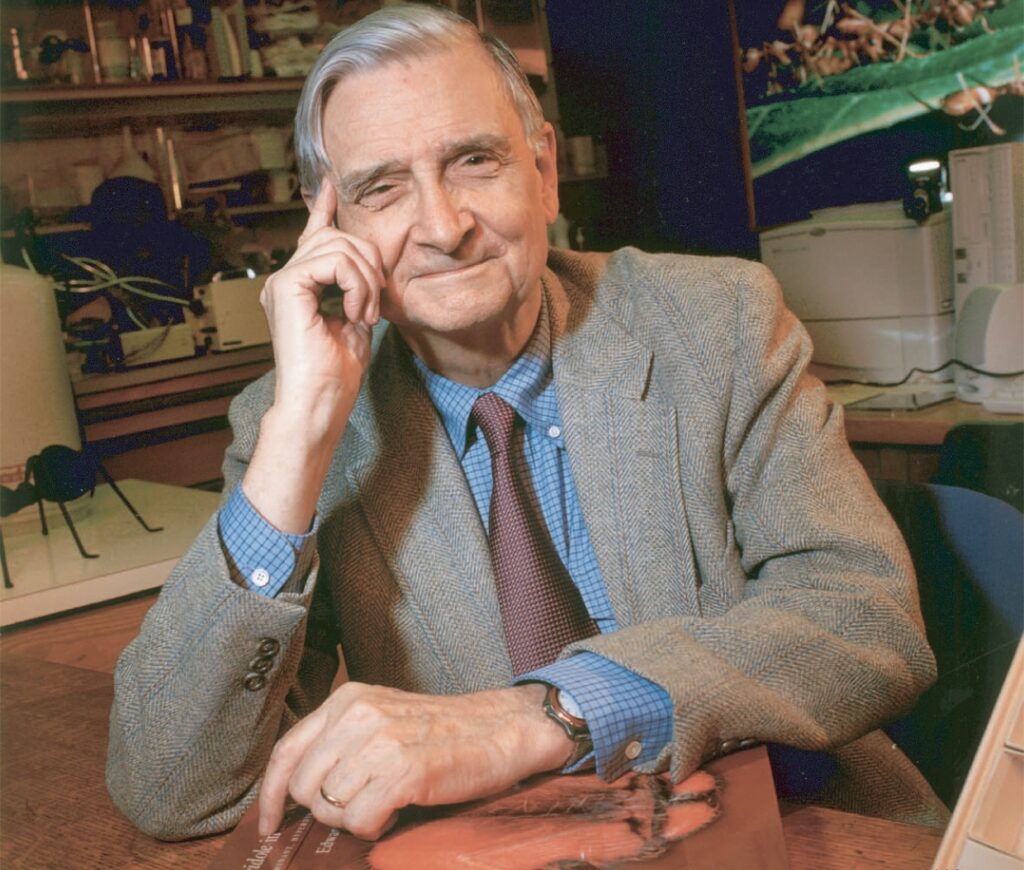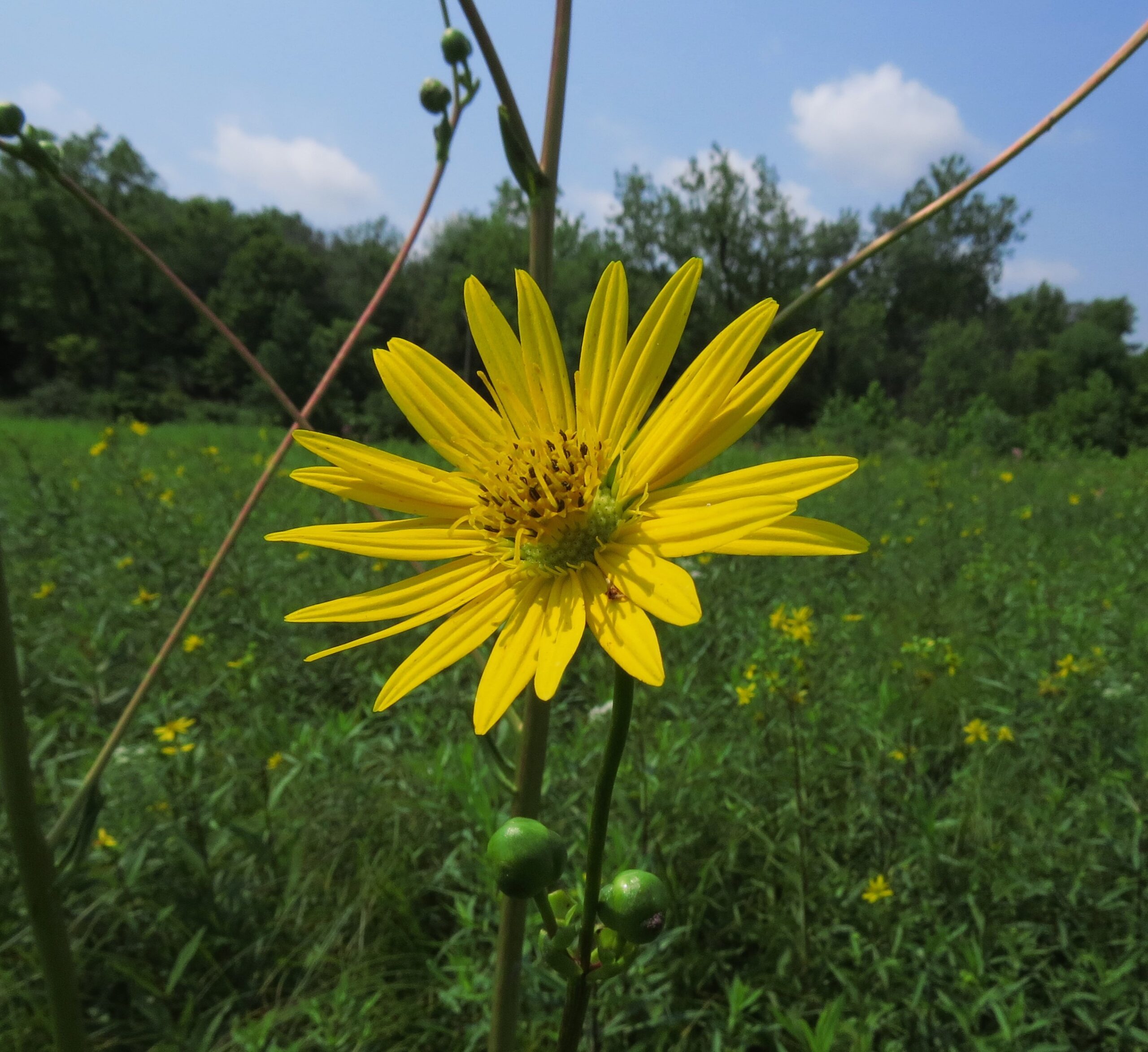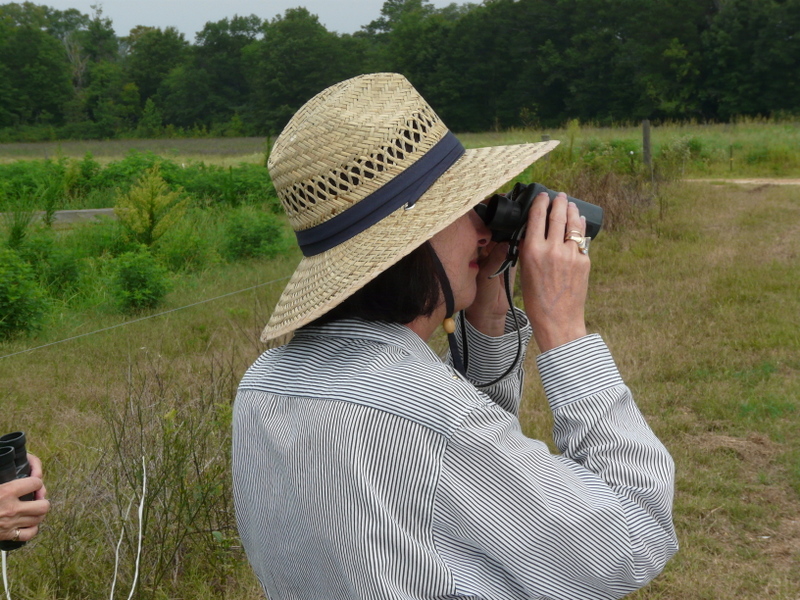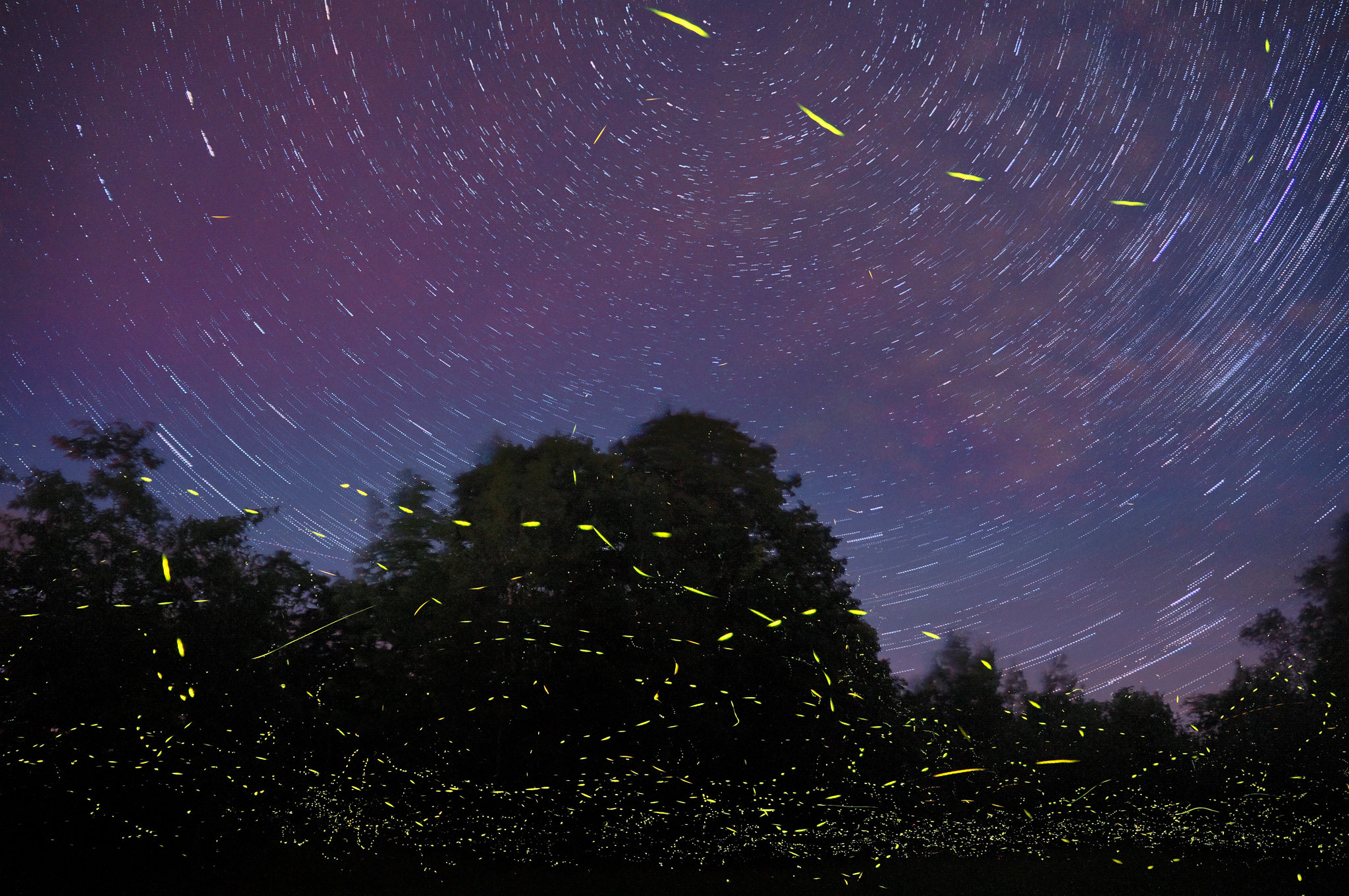This time of year, it is customary to look forward. Our future is often influenced by the vision and pursuit of knowledge of those who have come before.
It is for this reason I would like to begin the New Year by remembering and honoring E.O. Wilson, considered one of the world’s leading authorities on natural history and conservation, who passed on December 26, 2021 at the age of 92.
E.O. Wilson was evolutionary biologist and animal behaviorist, referred to as Charles Darwin’s natural heir by Harvard. He was a visionary; he was a research pioneer; he coined new terminology that is now in common usage; he was often controversial; he was always the consummate teacher.
Wilson was born in Birmingham, Alabama, in 1929. When he was 7 years old, his parents divorced and he turned to the outdoors for comfort. He lost sight in one eye after a fishing accident which deepened his connection with the natural world he could see. It affected his career choice to research wildlife behavior.
Wilson received his master’s degree in biology from the University of Alabama and his doctorate from Harvard. He was a prolific writer and researcher who focused on ants early in his career. He discovered the first colony of fire ants in the U.S. in Mobile, Alabama when he was 13.
In 2003, Wilson published a book about ants in which he classified more than twenty percent of all known and many previously unknown species, earning him the nickname “antman.” He discovered that ants (and many other animals) communicate with chemical substances called pheromones.
Both revered and controversial, Wilson was a scientific icon with a long list of published works that documented his findings and theories related to the study of entomology and evolution.
He has been called a “provocateur” and an “intellectual bomb thrower” because he thought outside the accepted box and proposed entirely new concepts. For example, in the 1960s he wrote a book about the unique ecosystems of islands and compared our ever-fragmented natural areas to them. He developed the concept of “character displacement” to explain what happens when two similar species come into contact with each other for the first time (like fire ants and native ants in the southern U.S.).
In his 1975 book “Sociobiology”, Wilson delved into the biological and genetic roots of social behavior, theorizing that altruism (sacrificing oneself for the benefit of another) has evolutionary value.
Wilson led research and taught at Harvard University for several decades. Upon retiring, rather than resting, he continued his research and launched a new area of focus – the protection of the planet
In his later years, E.O. Wilson dedicated himself to preserving biodiversity the world over. Without habitat, wildlife cannot survive. Wilson encouraged the conservation practice of creating and protecting wildlife corridors to serve as highways and safe havens for species that migrate.
Through the E.O. Wilson Biodiversity Foundation established in his name, Wilson realized a lifelong dream in 2008, when the Encyclopedia of Life went online, documenting 1.9 million living species on earth.
Wilson wanted to inspire and educate the human population regarding the need to preserve and steward natural resources in order to avoid the extinction of species and the destruction of Earth as a viable planet for life.
Thank you, Edward Osborne Wilson, for leaving the world a better place for all of us.
Sheryl Myers taught biology and environmental science for 34 years and has worked as a naturalist for area parks. She is a founding board member of Red-tail Land Conservancy.
Photo credit Jim Harrison




